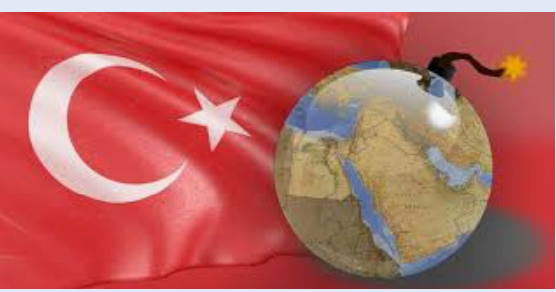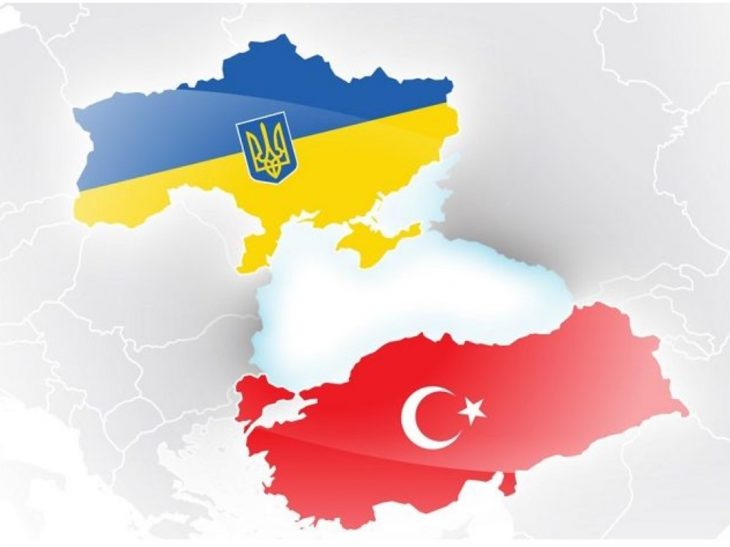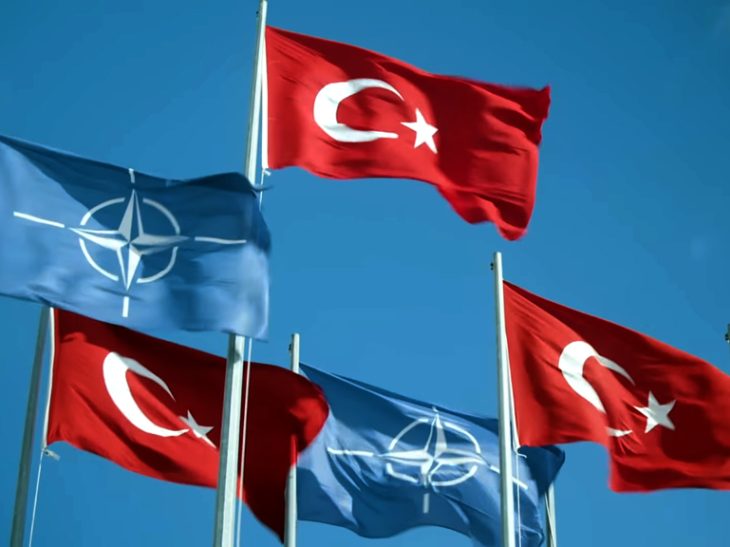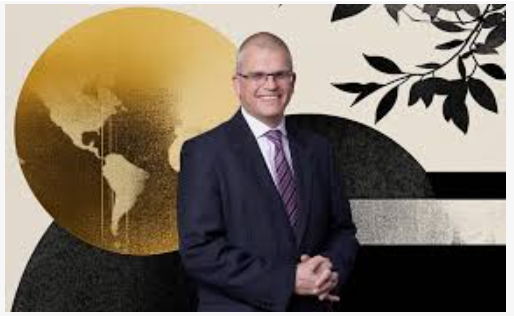Will Turkey and Israel come to blows in Syria?
 tr-gaza-israel
tr-gaza-israel
Tensions between Turkey and Israel vis-à-vis Syria stand a good chance of heating up in 2025. If Ankara and Tel Aviv’s Syria-related conflicts of interest become a bigger issue, that could create major challenges for the new Syrian government, which seems determined to avoid being dragged into any conflict involving Israel or any other neighboring country, argues Giorgio Cafiero writing for New Arab.
For al-Sharaa and those around him, the focus is on state-building. In practice, this requires gaining international legitimacy, achieving stability at home, and luring investment from abroad. If post-Assad Syria is a place where foreign countries duke it out among each other, the prospects for security, peace, and growth will be extremely dim.
“Indirectly, Turkey now has a border with Israel,” explained Dr Joshua Landis, director of the Center for Middle East Studies at the University of Oklahoma, in a TNA interview. “Syria is on its back and must focus on rebuilding. [Al-Sharaa] is unlikely to want to tangle with Israel anytime soon, although Israel’s new land grab could force him to take a more bellicose attitude toward Israel,” he added.
Erdogan’s government could help post-Assad Syria build up its military to deter Israeli aggression. However, Dr Landis believes that would be “a long way off”.
Lund holds that the extent to which HTS manages to consolidate its power will significantly impact the trajectory of Turkish-Israeli tensions in relation to post-Assad Syria.
“If Syria crumbles into militia fiefdoms and proxy battles in 2025, Turkey and Israel will respond differently to that. If HTS manages to extend its writ across much of Syria, creating a Turkey-aligned regime next to Israel, that will set the scene for a different kind of rivalry,” he told TNA.
“Both scenarios could see Turkey and Israel at loggerheads. We could also see rivalry interspersed with pragmatic cooperation. Israel could seek Turkey’s help in handling HTS and Turkey will want to restrain Israeli incursions,” added Lund.
At a fundamental level, he sees both Turkish President Recep Tayyip Erdogan and Israeli Prime Minister Benjamin Netanyahu as “realists” with records of “working with competitors when possible, pushing with one hand and pulling with the other”. Erdogan and Netanyahu’s unique relationships with Russian President Vladimir Putin are examples which demonstrate Lund’s point.
Escalating Turkish-Israeli tensions over Syria’s future could be a major challenge that the incoming administration would have to address next year. Although such friction between Ankara and Tel Aviv may play out in mostly political and diplomatic ways, a potential military confrontation can’t be entirely ruled out.
That scenario would constitute a crisis for the second Trump administration, which will not want a fellow NATO member and another close US ally clashing with each other in Syria. Mitigating tensions to prevent any such escalation between Ankara and Tel Aviv would be no easy task for Trump 2.0.
The problem is Trump doesn’t care much about Syria, which attitude may change after the ISIS-inspired terror attack in New Orleans. Both Erdogan and Netanyahu would try to engage his attention to Syria, where Israel prefer Kurdish autonomy and permanent annexation of Golan Heights and the neighboring Druze communities. Turkey will press for a unitary (centralized) Syria, with Kurds disarming and turning over to Turkey the thankless job of keeping watch on ISIS prisons, camps and terror activity.
Comments by PA Turkey staff
IMPORTANT DİSCLOSURE: PA Turkey intends to inform Turkey watchers with diverse views and opinions. Articles in our website may not necessarily represent the view of our editorial board or count as endorsement.
Follow our English language YouTube videos @ REAL TURKEY: https://www.youtube.com/channel/UCKpFJB4GFiNkhmpVZQ_d9Rg
And content at Twitter: @AtillaEng
Facebook: Real Turkey Channel: https://www.facebook.com/realturkeychannel/






